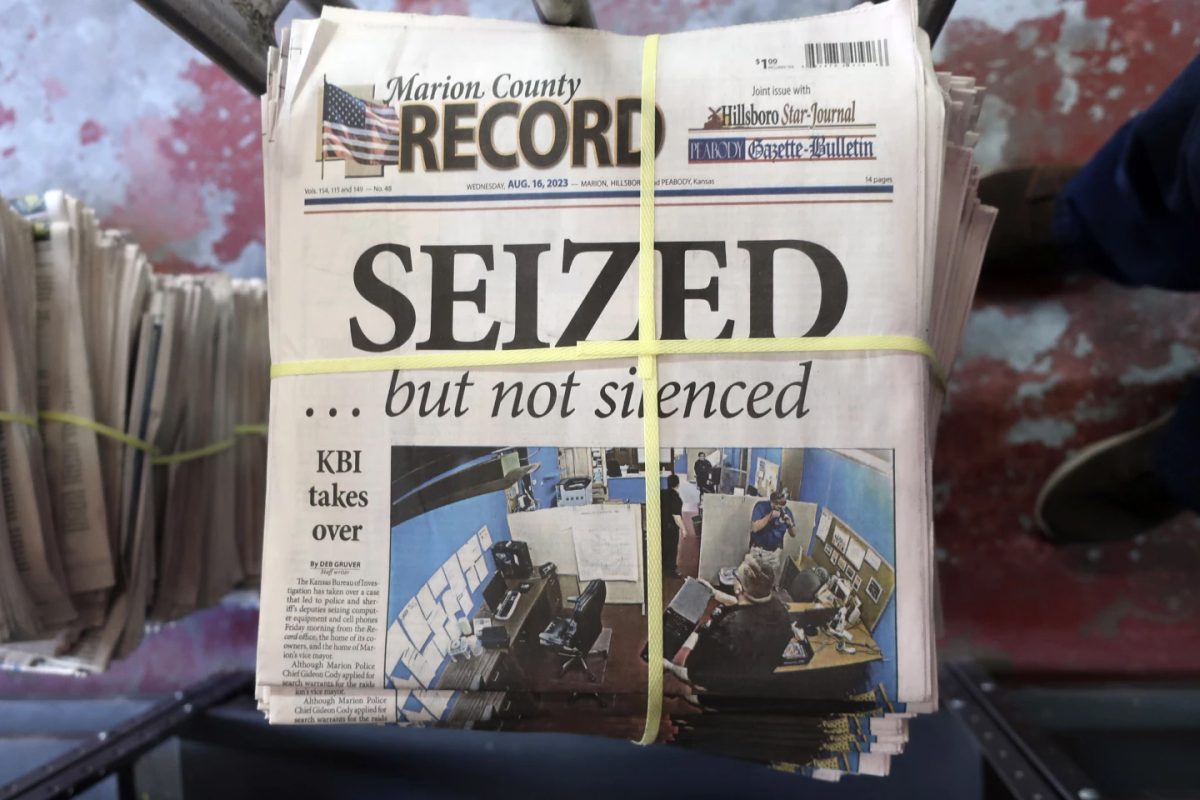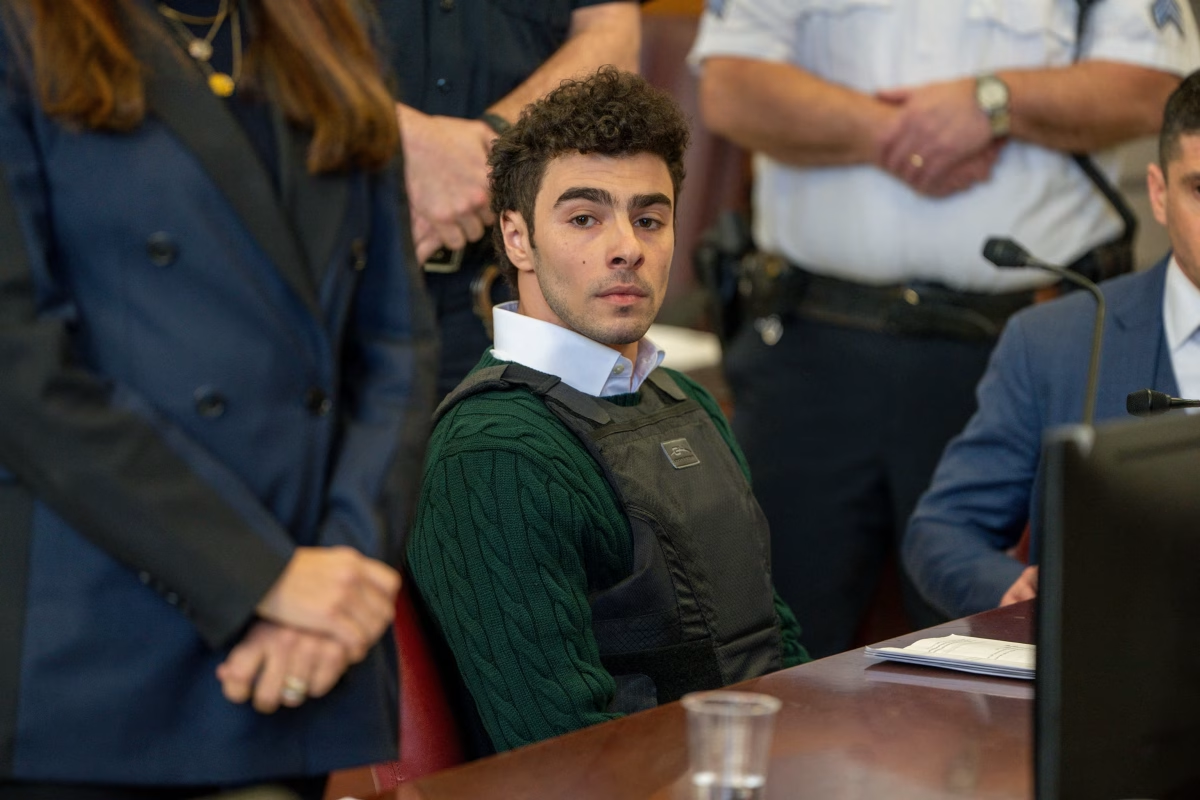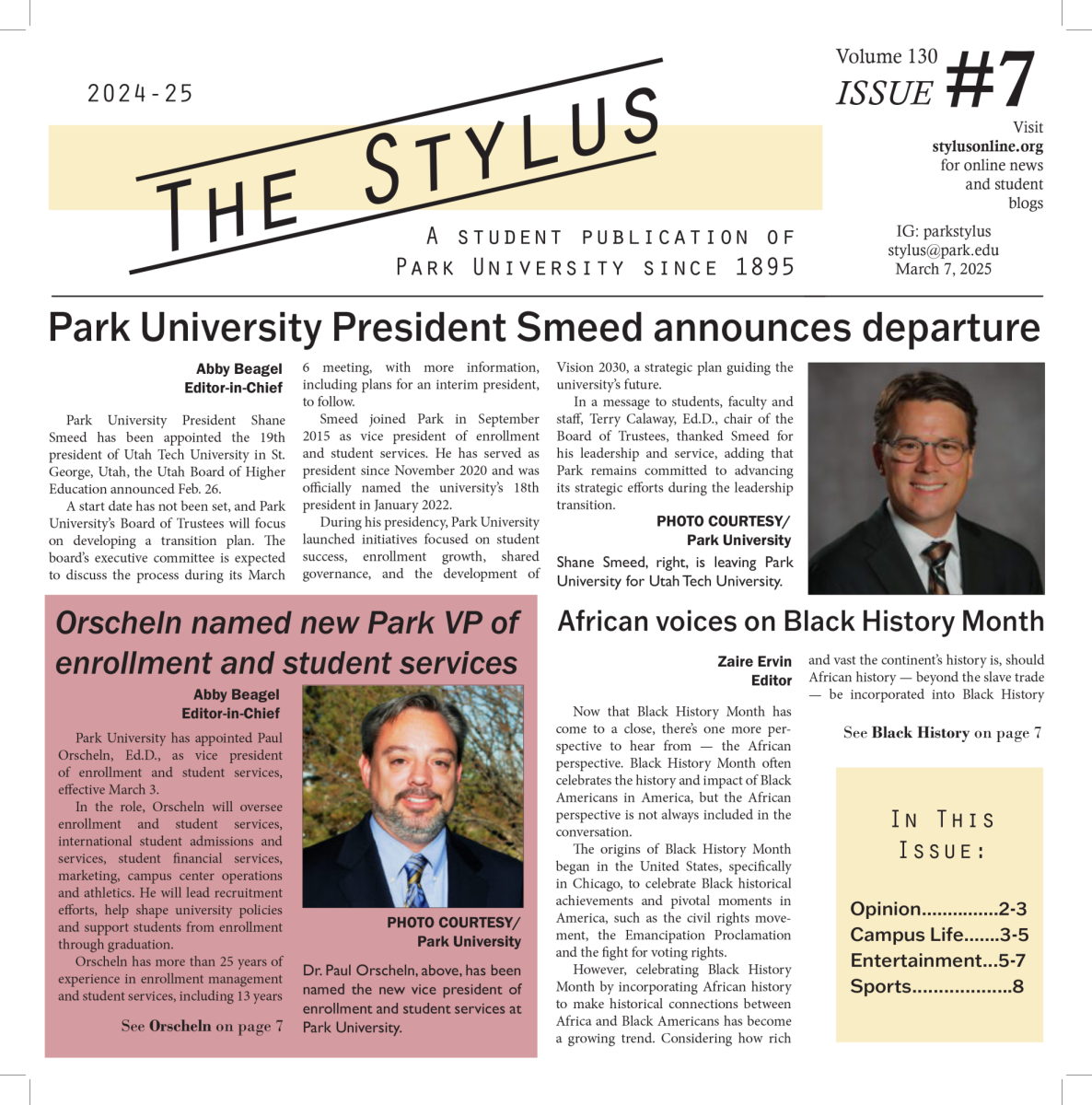A rural Kansas town has become the epicenter of a First Amendment debate. On Tuesday, Aug. 1, Marion County Record publisher Eric Meyer was turned away during a meet-and-greet with U.S. Representative Jake LaTurner and three local commissioners at Kari’s Kitchen in Marion, Kan. The owner of the restaurant, Kari Newell, did not want the press attending the event and brought in the new police chief, Gideon Cody, to force them out. According to statements by Newell, she believe the meeting was a private event and the press could not be there by law. However, Kansas Open Meeting Law states that if the majority of commissioners are in attendance, it is an open meeting to the public. Since three of five local commissioners attended, the meet-and-greet was considered an open meeting.
This event, while a catalyst, was not the spark that ignited the freedom of speech debates. Two weeks following the com-missioners meeting, the Marion Police Department, led by Chief Gideon Cody, executed a warrant on the Marion news-paper. On Friday, Aug. 11, they collected cell phones, computers and documents from all of the staff.
The police then raided the home of the newspaper publisher and his 92-year-old mother, Joan Meyer, who co-owned the paper. These two raids came from the claim that Newell was a victim of identity theft by a journalist from the newspaper. Chief Cody claimed Meyer had obtained driving records of Newell illegally, impersonating her to get information about a DUI.
Newell also made allegations against the newspaper, saying she was being illegally targeted by Meyer. Therefore, Cody believed the police department was with-in its right to raid the newspaper and the owners’ home for any device that could contain that information. While in the state of Kansas, driving records are not public access, the newspaper stated that a confidential source provided those re-cords to them without any prompting. Meyer went on to say that they did not run the story with the records of Newell, only reporting about her own admission to driving with a suspended license.
Where was the check of power on Chief Cody? He did not act alone in the decision to raid the newspaper. The search warrant was approved by Judge Laura Viar, which should have provided checks and balances but instead failed by approving the warrant. Some speculate that Viar may have sympathized with Newell, because she, too, had been arrest-ed twice for driving under the influence. This also raises questions about whether Viar was fit to be in charge of approving or disproving a search warrant.
This raid sparked controversy across the nation as to whether the police department was in the wrong for their raid on the paper and the homes of reporters. Legal experts believe it is a violation of the First Amendment to take the property of the journalists who were working to inform the community and serve as a watchdog over those in power. Cody received significant backlash for his decision to execute these raids and has come under even greater fire for what happened the day after.
On Saturday, Aug. 12, Joan Meyer died at the age of 92 from stress related to the raids that took place the day prior. The fallout came quickly as Cody not only angered journalists across the globe, but now had the death of a woman on his hands.
In addition, rumors have sparked about Chief Cody’s background from his past. Prior to his role in Marion, Cody worked in the Kansas City Police Department as a captain. According to Kansas City Star investigative journalist, Glenn Rice, Cody was fired just months before the raid for sexist and derogatory comments made to one of his sergeants during an altercation.
Retired Police Officer for KCPD, Gary Knapp, knew Chief Cody from his time at the police academy.
“He seemed arrogant — like he knew everything, more so than those who were teaching him,” Knapp said. He stated Cody seemed to act from a big city officer’s point of view rather than focusing on a small town perspective.
According to Knapp, Cody should have focused on community policing to guide his decisions. Community policing, according to the Department of Justice, is partnership and problem-solving techniques to proactively solve public safety concerns. Community policing has three main components: developing partnerships in the community, engaging in problem solving techniques and implementing community relations between the public and police.
In addition, Knapp said Cody should have used community relations to resolve the issue instead. This type of intervention would have allowed Meyer and Newell to discuss their issue alongside a mediator. In his opinion, working out the problem should have been the first step. Rather than building connections, Cody destroyed them by taking the most extreme approach to a problem that could have been solved with a community-oriented approach to the issue.
There are not reports that Cody tried a community approach prior to his execution of the search warrant. He may have tried to de-escalate the situation from the start, but from reports, Cody seemed to be acting on his arrogance. Instead, Cody, Newell and Viar took every chance to escalate the situation further.
The single repercussion to date is a lawsuit against Cody by Marion County Record reporter Deb Grover. And the continued criticism and controversy of the Marion story is continuing to grip the nation.









Keith • Sep 24, 2023 at 7:16 am
Can’t believe that none of the officials involved haven’t voluntarily resigned yet! Nobody wants them & no other municipalities would be dumb enough to take them!
Janine, Alumnus • Sep 23, 2023 at 12:13 am
Excellent story on the news per raid. It’s good to finally hear all the details! Stellar research and outstanding reporting!